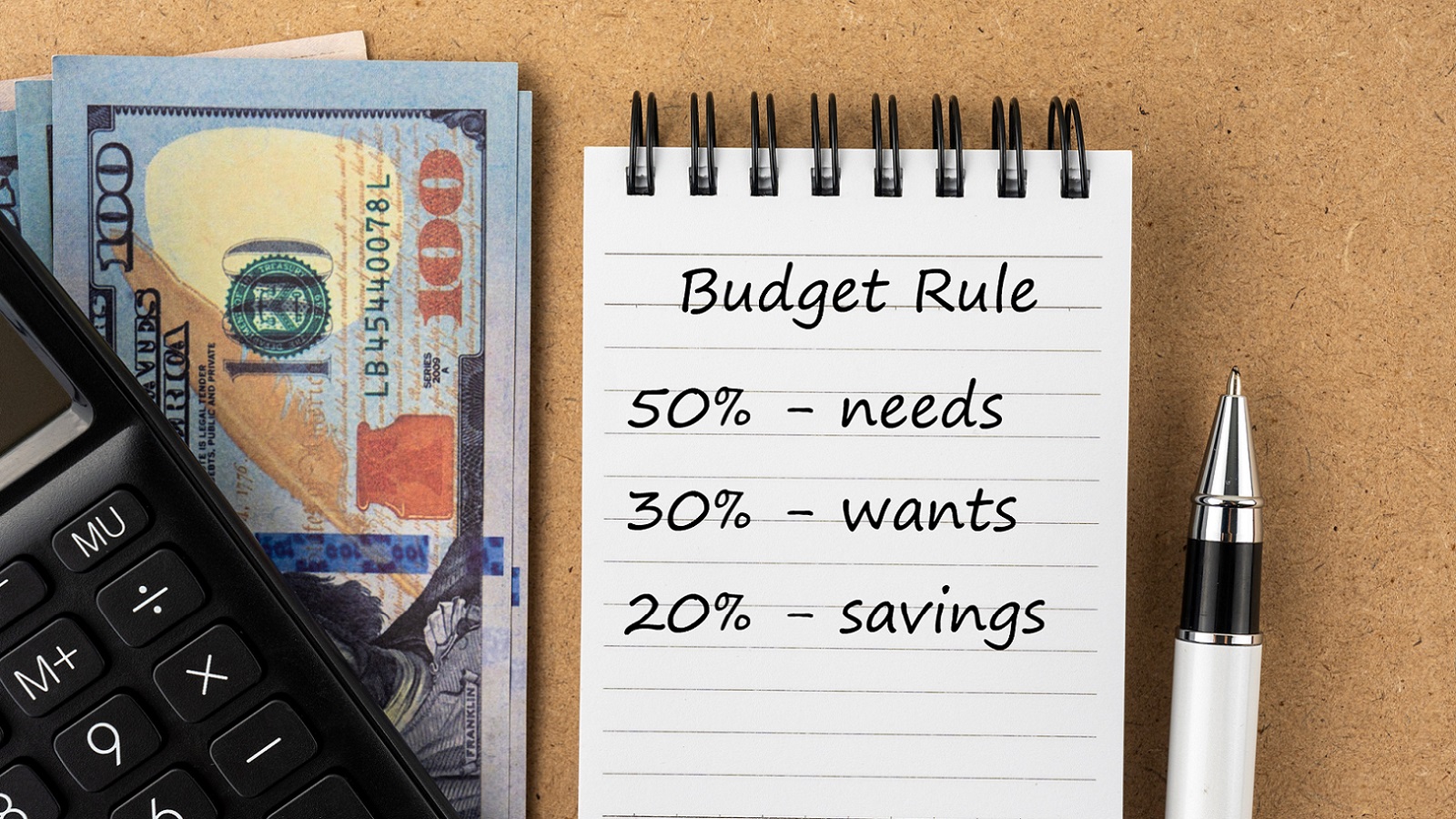Profit and prosper with the best of Kiplinger's advice on investing, taxes, retirement, personal finance and much more. Delivered daily. Enter your email in the box and click Sign Me Up.
You are now subscribed
Your newsletter sign-up was successful
Want to add more newsletters?

Delivered daily
Kiplinger Today
Profit and prosper with the best of Kiplinger's advice on investing, taxes, retirement, personal finance and much more delivered daily. Smart money moves start here.

Sent five days a week
Kiplinger A Step Ahead
Get practical help to make better financial decisions in your everyday life, from spending to savings on top deals.

Delivered daily
Kiplinger Closing Bell
Get today's biggest financial and investing headlines delivered to your inbox every day the U.S. stock market is open.

Sent twice a week
Kiplinger Adviser Intel
Financial pros across the country share best practices and fresh tactics to preserve and grow your wealth.

Delivered weekly
Kiplinger Tax Tips
Trim your federal and state tax bills with practical tax-planning and tax-cutting strategies.

Sent twice a week
Kiplinger Retirement Tips
Your twice-a-week guide to planning and enjoying a financially secure and richly rewarding retirement

Sent bimonthly.
Kiplinger Adviser Angle
Insights for advisers, wealth managers and other financial professionals.

Sent twice a week
Kiplinger Investing Weekly
Your twice-a-week roundup of promising stocks, funds, companies and industries you should consider, ones you should avoid, and why.

Sent weekly for six weeks
Kiplinger Invest for Retirement
Your step-by-step six-part series on how to invest for retirement, from devising a successful strategy to exactly which investments to choose.
For the first six years of our marriage, my husband and I lived paycheck to paycheck. And for six years, we loathed the cycle. We wanted to get a handle on our spending and start saving some money. So time and again we would start a budget -- and time and again it would fail. We began each attempt with enthusiasm, but we always quit soon thereafter in exasperation.
Sound familiar? You know budgeting is supposed to be good for your finances, but you just can't seem to make it work.
Don't give up. If you're having trouble making ends meet -- and even more trouble sticking to a budget -- you may need to tweak your approach. There's no one-size-fits-all method of budgeting. The trick is to craft a plan that helps you make sense of your spending and save for the things that are important to you.
From just $107.88 $24.99 for Kiplinger Personal Finance
Become a smarter, better informed investor. Subscribe from just $107.88 $24.99, plus get up to 4 Special Issues

Sign up for Kiplinger’s Free Newsletters
Profit and prosper with the best of expert advice on investing, taxes, retirement, personal finance and more - straight to your e-mail.
Profit and prosper with the best of expert advice - straight to your e-mail.
I'm happy to say that I've been a successful budgeter now for five years. Here are eight common problems that plague would-be budgeters.
1. You have the wrong impression. What you may need before you even get started is an attitude adjustment. Budgets aren't straightjackets to keep you from spending your hard-earned money. Rather, they are the key to financial freedom, ensuring you have enough money to spend on what you want.
The b word itself can be such a bummer that some financial pros refer to it as a "spending plan." Call it whatever you like, but knowing how much money you have and where it's going is liberating. No more stressing over the unknown! No more bank-statement surprises! You are in control of your finances, not the other way around. See Budget for Your Peace of Mind to learn more.
2. You've been trying to fit into someone else's shoes. You know that scene in Cinderella when the stepsisters try to cram their feet into the impossibly tiny glass slipper? Trying to squeeze your spending personality into someone else's spending plan could hurt just as badly. Just as there's more than one shoe size, there's more than one way to budget. If one method doesn't work, try another until you find the right fit.
Your style may be old-fashioned, such as jotting down purchases in a notebook or buying things strictly with cash to eliminate the possibility of overspending. Or you might take a more modern approach with a budgeting Web site, such as Mint.com.
3. You're making this harder than it needs to be. The key to a successful budget is to keep it simple. Don't get me wrong -- building and maintaining a budget requires effort. But take it one step at a time. You're not going to overhaul a lifetime of spending habits in one weekend. Focus on one area where you can cut back. Once you've successfully tackled that issue, you can move on to another.
4. Your budget is too rigid. You need to build in flexibility, or your plan will break under pressure. Give yourself some breathing room -- to make mistakes, to treat yourself and to make adjustments as your life situation changes or as prices rise. For instance, what if your car insurance rate goes up, gas prices climb or your rent rises?
If you simply don't have the money for flexibility, look for ways to bring in more. See 11 Ways to Get Extra Cash for ideas.
5. You have no clear priorities. Lacking motivation? Set a goal. Budgeting merely for the sake of budgeting is a chore. But when you have your eye on something you want, managing your spending becomes -- dare I say it? -- a pleasure. It's easier to cut back when there's a light at the end of the tunnel.
Think of it this way: A budget helps you manage small expenses today so you can buy bigger stuff -- and have more fun -- tomorrow. So ask yourself what you hope to gain from your experience.
6. You've set unrealistic targets. Need help getting started? Here's a flexible blueprint that you can adjust to your own financial situation: Use 30% of your take-home pay for housing, 10% for utilities, 15% for food, 10% for transportation, 5% for clothing, 10% for debt repayment, 5% for entertainment, and 5% for insurance and miscellaneous expenses. That leaves 10% for savings or special purchases. (See Cost-of-Living Reality Check to learn more about anticipating your costs.)
Remember, though, that this is simply a guide. To set targets that are realistic for you, track your spending for at least one month. That way, you'll see how much money you have and where it's going so you can make the necessary fixes. Use our Budget Worksheet for help.
7. You don't have a safety net. Unexpected costs can derail even the best-laid plan, hurl you into debt and require months of adjusting before you can get back on track. So priority number one for your budget should be to save up a small cash reserve for emergencies. That way, if the car breaks down or you make an unexpected trip to the ER, you won't undo all your hard work.
If existing debt is getting in the way of creating a successful budget, consider getting help. To find a nonprofit debt counselor, contact the National Foundation for Credit Counseling. See Credit Advice You Can Trust for more on finding assistance.
8. You quit too soon. Don't be discouraged by failure. It took me six years of trial and error to figure out how to budget successfully. (I hope that by learning from the mistakes I shared above, you'll get on track much sooner.) I'm glad I stuck with it. I'm no longer enslaved to living paycheck to paycheck. I've paid off my student loans and bought a house. Plus, I've been able to pay for fun stuff, such as vacations, without going into debt.
Even now, there are months when I meet my spending targets and other months when I miss terribly. But I keep a big-picture view: My successes outnumber my failures. And the peace of mind and control I've gained over my finances has made budgeting well worth the effort.
SEE ALSO: Save Money on Practically Everything
Profit and prosper with the best of Kiplinger's advice on investing, taxes, retirement, personal finance and much more. Delivered daily. Enter your email in the box and click Sign Me Up.

-
 How Much It Costs to Host a Super Bowl Party in 2026
How Much It Costs to Host a Super Bowl Party in 2026Hosting a Super Bowl party in 2026 could cost you. Here's a breakdown of food, drink and entertainment costs — plus ways to save.
-
 3 Reasons to Use a 5-Year CD As You Approach Retirement
3 Reasons to Use a 5-Year CD As You Approach RetirementA five-year CD can help you reach other milestones as you approach retirement.
-
 Your Adult Kids Are Doing Fine. Is It Time To Spend Some of Their Inheritance?
Your Adult Kids Are Doing Fine. Is It Time To Spend Some of Their Inheritance?If your kids are successful, do they need an inheritance? Ask yourself these four questions before passing down another dollar.
-
 I Need to Cut $1,000 From My Monthly Budget, and I've Already Given Up Starbucks and Dining Out. What Else Can I Do?
I Need to Cut $1,000 From My Monthly Budget, and I've Already Given Up Starbucks and Dining Out. What Else Can I Do?Here are some creative ways to save up to $1,000 a month, even if you feel like you've already made all of the obvious cuts.
-
 I'm a Government Employee and Need to Get By Until the Shutdown Ends. What Can I Do?
I'm a Government Employee and Need to Get By Until the Shutdown Ends. What Can I Do?The second-longest shutdown in history is leaving many federal workers with bills due and no paycheck to cover them. Here's what you can do to get by.
-
 What Does Medicare Not Cover? Eight Things You Should Know
What Does Medicare Not Cover? Eight Things You Should KnowMedicare Part A and Part B leave gaps in your healthcare coverage. But Medicare Advantage has problems, too.
-
 The 50-30-20 Budget Rule: A Simple Way to Save Money
The 50-30-20 Budget Rule: A Simple Way to Save MoneySaving Using the 50-30-20 budget rule is an easy way to save. It helps you prioritize saving while paying off debt.
-
 Four Smart Steps To Take Before Buying Your First Home
Four Smart Steps To Take Before Buying Your First Homehome Buying your first home can be daunting. Here are four things you need to do years before you start house-hunting to prepare financially for the biggest purchase of your life.
-
 'Food Tax': Which States Still Tax Groceries?
'Food Tax': Which States Still Tax Groceries?State Tax Ten states still tax groceries, but that figure is shrinking.
-
 How Our Family Fights Inflation
How Our Family Fights InflationBudgeting Millennials typically spend more than other generations on certain expenses that have been increasing most rapidly. Here are some tips to cut your losses.
-
 Gas Prices Around the World
Gas Prices Around the WorldBudgeting Many world gas prices can make what Americans pay at the pump seem like a bargain. But not all.
